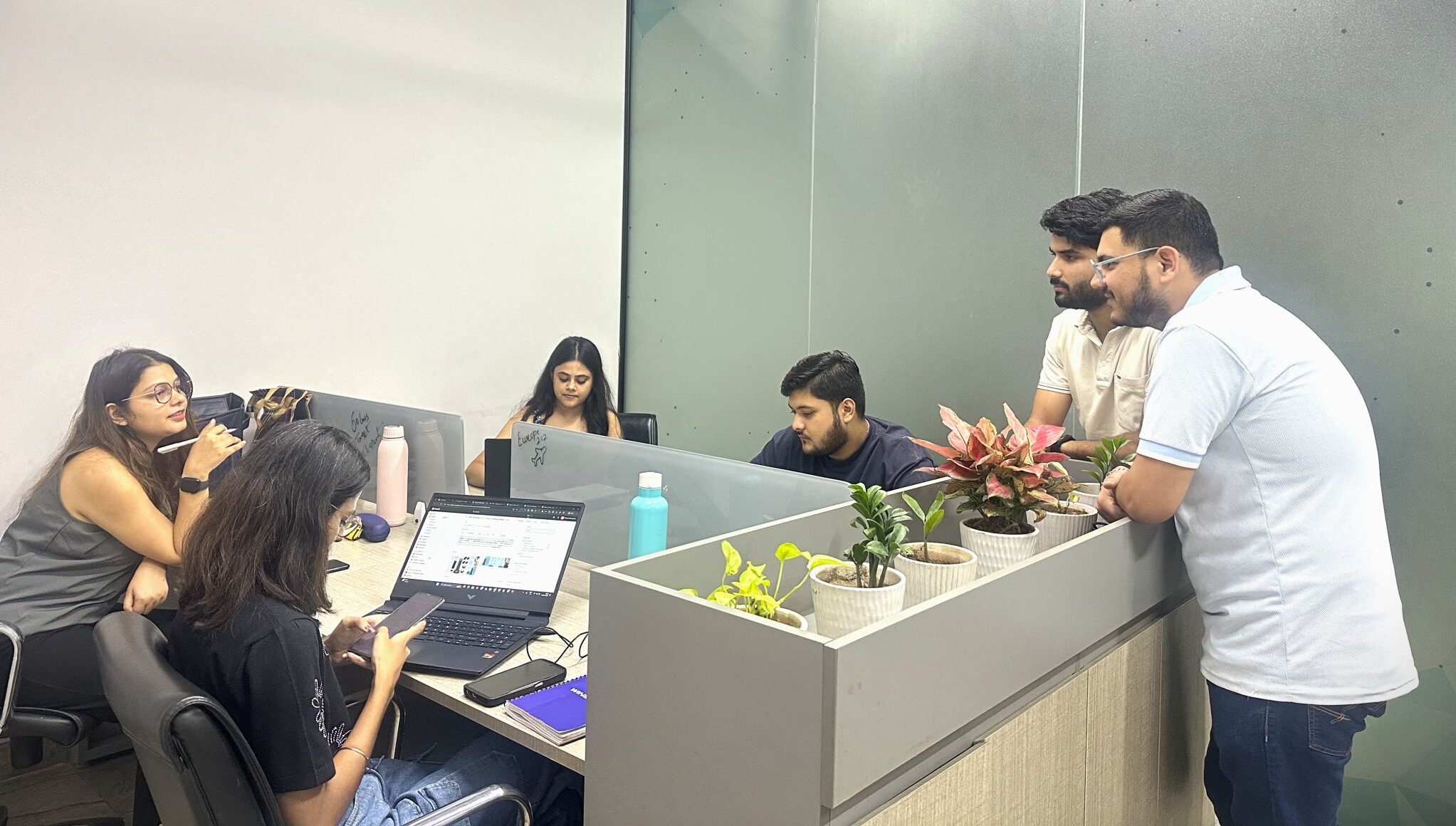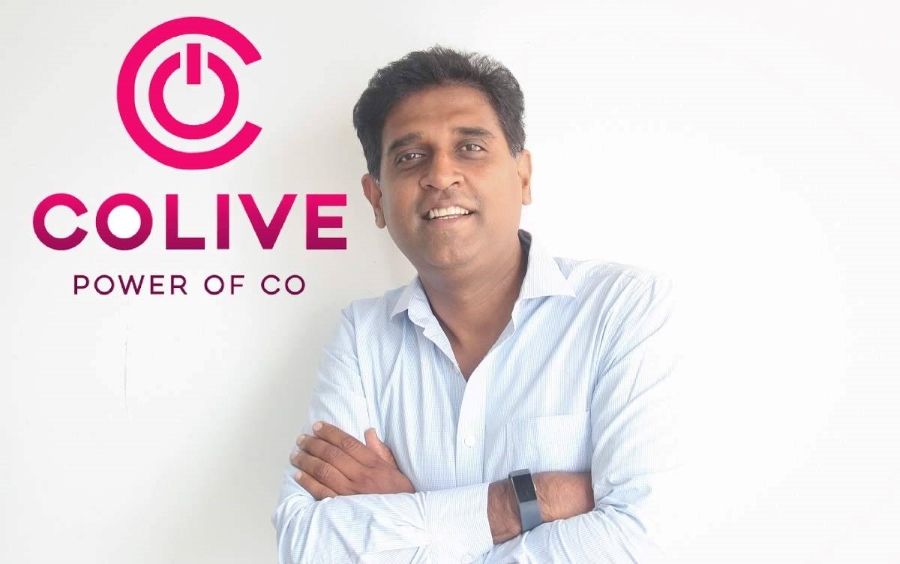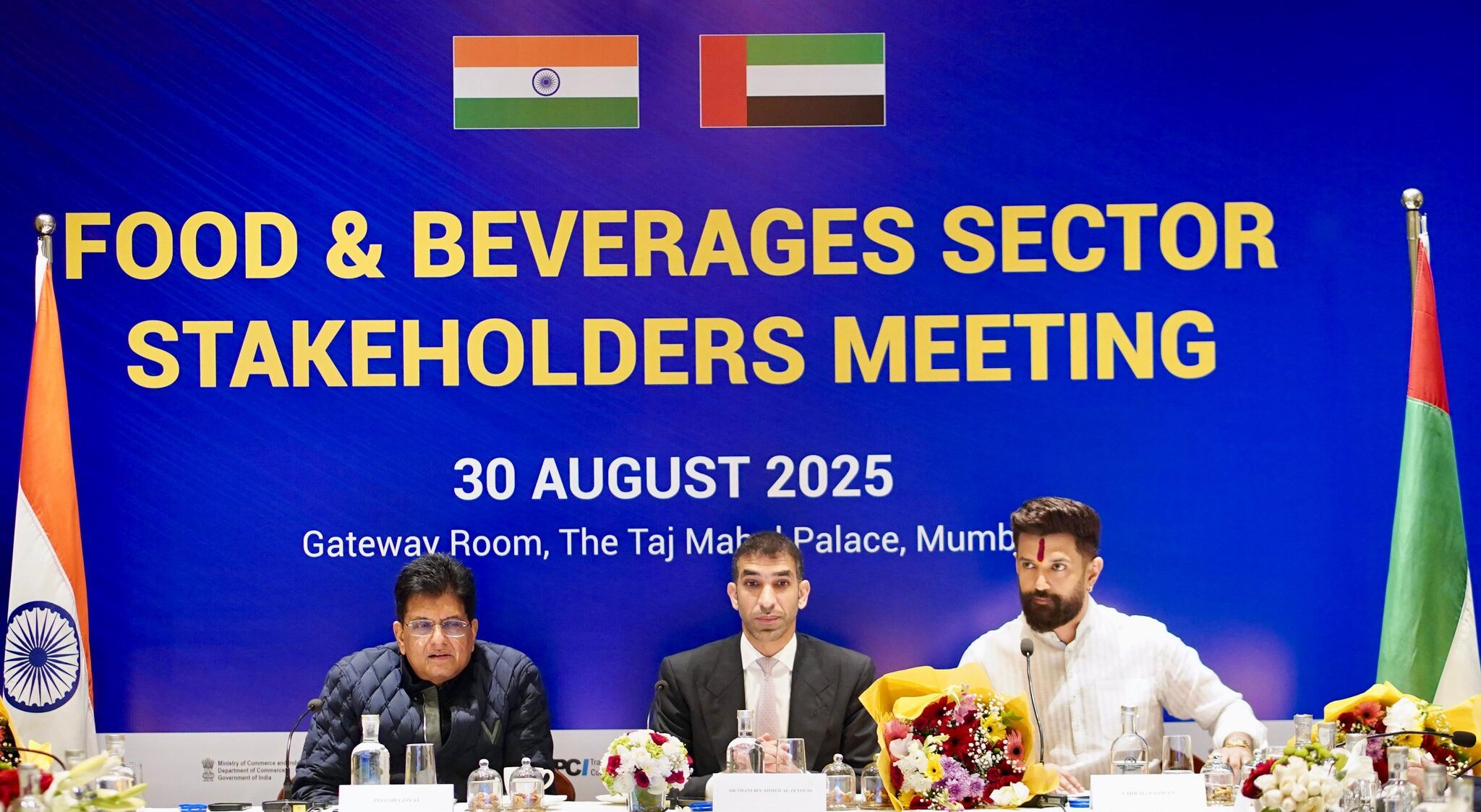Teacher’s Day is often about classrooms, chalkboards, and mentors. But in today’s entrepreneurial India, founders themselves have become teachers, offering lessons carved not out of textbooks but out of crises, rejections, and reinventions. For startup aspirants, the struggles of India’s most celebrated entrepreneurs are not just stories of grit, they are living playbooks.
Flipkart: Solving for Trust, Not Just Growth
When Flipkart introduced cash-on-delivery, it was less a stroke of genius than a survival tactic. Indian shoppers were wary of online transactions, and returns were expensive. Yet this costly adaptation cracked open the e-commerce market. Lesson for aspirants: build around customer hesitation, not founder ego. Trust is the real first mover.
Zomato: Resilience Beyond Vanity Metrics
Food-tech wasn’t always a golden story. In 2015, Zomato went through mass layoffs and strategic retreats. The company survived by shrinking scope before shrinking standards, focusing city by city, cutting costs, and staying operationally disciplined. Startups must remember: when the scoreboard looks ugly, the right move is often to get smaller, tighter, and sharper.
Zerodha: Bootstrapping Discipline in a Funded World
While unicorns raised billion-dollar rounds, Zerodha chose to stay bootstrapped. By betting on product quality and customer support, it grew in one of India’s toughest, regulated industries, stock broking. Lesson: venture capital compresses time, not logic. If you can build profitability early, do it. Funding is a tool, not a lifeline.
Ola: Navigating India’s Regulatory Chessboard
Ola’s scaling story wasn’t only about drivers and riders, it was about surviving state-by-state taxi regulations. Later, its EV pivot faced new compliance hurdles. Aspiring founders often neglect this: regulation is not paperwork, it’s strategy. From the start, know your policy landscape. Regulation can shape or strangle your business.
Paytm: Being Ready for Luck
During demonetisation in 2016, Paytm exploded in popularity, becoming shorthand for digital payments. But sustaining that momentum meant battling RBI compliance, fraud risks, and licensing complexities. Lesson: luck arrives unannounced, but infrastructure must be ready before it knocks. Virality magnifies cracks as fast as it creates growth.
OYO: The Cost of Hypergrowth
OYO’s rapid global expansion saw it face partner disputes, operational chaos, and regulatory scrutiny. The big lesson: don’t romanticise scale. Growth without governance builds weak foundations. Before you pin flags on a world map, make sure your first ten markets run predictably well.
Nykaa: Betting Against Consensus
Falguni Nayar built Nykaa in her 50s, swimming against the tide of marketplace-led retail. Her inventory-heavy, curated beauty playbook was slower and costlier, but it worked. Lesson: age is no barrier, and contrarian bets require discipline. If your model is unfashionable but solves real pain, execution will prove you right.
Freshworks: Global Thinking from Chennai
Freshworks started in Chennai, born from a frustrating customer-service experience. By obsessing over onboarding, APIs, and predictable support, it went global, eventually listing on Nasdaq. Lesson: founders don’t need to migrate to Silicon Valley. What they need is world-class standards from day one.
Zoho: Culture as the Only True Moat
Zoho’s quiet philosophy, craftsmanship, frugality, and hiring from smaller Indian towns, built not just software but resilience. Culture isn’t about decks or slogans; it’s about how money is spent, how teams are trained, and what compromises are tolerated. For aspirants, every hack tolerated today becomes tomorrow’s strategy.
Swiggy & Zomato: Playbooks for Downturns
When the funding winter hit, both food delivery giants restructured, cut burn, and focused on profitability targets. The pattern was clear: milestones had to be smaller, markets explained in one line, and metrics tied to retention and margins. Lesson: downturns demand playbooks, not pep talks.
The Silent Lesson: Energy and Boundaries
Across interviews, Indian founders, from Ola’s Bhavish Aggarwal to Zerodha’s Nithin Kamath, speak of the mental cost of entrepreneurship. Burnout masquerades as hustle until it ends careers. Delegation, documentation, and personal boundaries are survival tools, not luxuries. Energy management is as strategic as capital management.
A Teacher’s Day Takeaway
On this Teacher’s Day, the syllabus is already written by India’s startup trailblazers. From Flipkart’s trust hacks to Nykaa’s contrarian bet, these stories are not case studies to admire but curriculums to adapt. The real exam for aspirants isn’t valuation, it’s whether customers would miss them if they vanished tomorrow. Everything else is extra credit.
Also Read: TaxiBazaar: From ₹5 Lakh Nainital Idea to Global Taxi Service






















